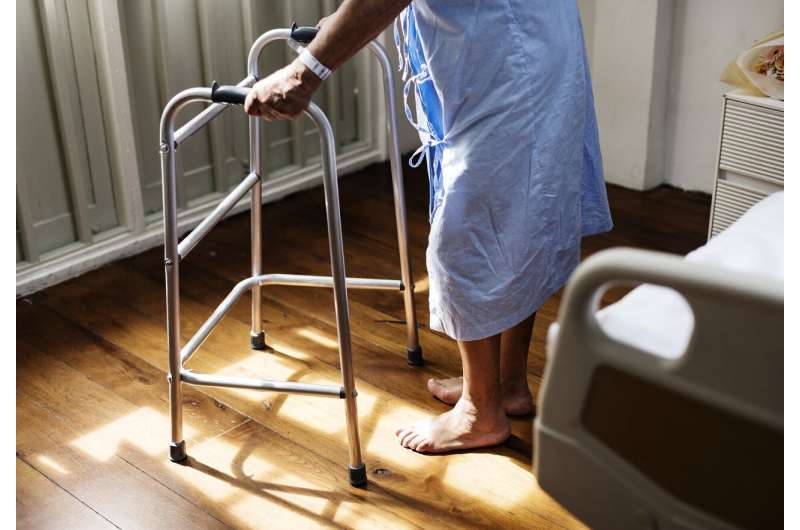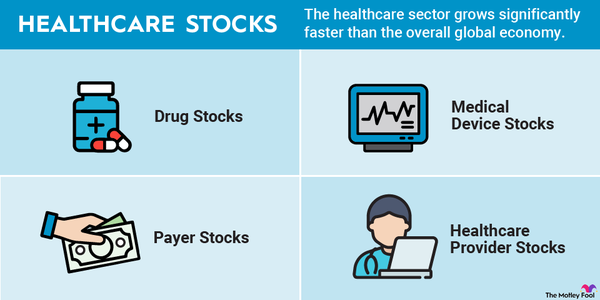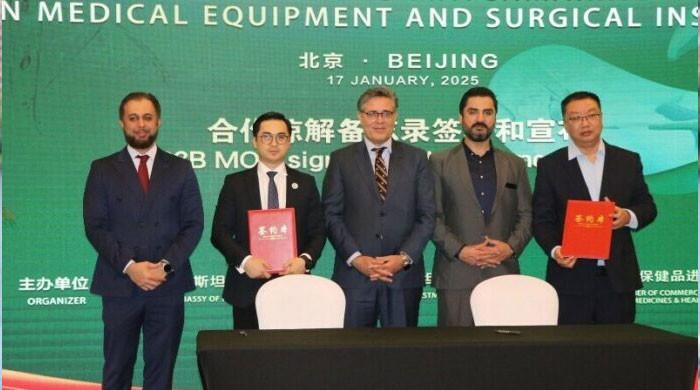Patient care declines after private equity buys hospitals, study finds


In a paper published in JAMA, health policy experts at Beth Israel Deaconess Medical Center (BIDMC) report that patient care experience worsened after private equity (PE) acquisition of US hospitals, as did patient-reported staff responsiveness.
Rishi Wadhera, MD, MPP, Anjali Bhatla, MD, and colleagues demonstrated that patient care continued to worsen at PE-acquired hospitals with each additional year following acquisition relative to non-acquired hospitals, suggesting that profit-driven changes made by PE may have downstream effects that accumulate over time.
“Patients provide the most important perspective on whether a hospital is providing good or bad care, as they have a 360-degree view of the entire care experience,” said Wadhera, Associate Director of the Richard A. and Susan F. Smith Center for Outcomes Research at BIDMC.
“After private equity takes over a hospital, patient care experience significantly worsens. That’s very concerning, given the surge in PE acquisitions of health care facilities over the past decade.”
Wadhera, Bhatla and colleagues identified 73 US hospitals newly acquired by private equity firms and 293 matched control (non-acquired) US hospitals from 2008 to 2019.
Investigators analyzed whether patients’ overall rating of a hospital and willingness to recommend the hospital, as well as patient-reported staff responsiveness, doctor and nurse communication, and hospital environment changed in the three years after hospitals were acquired by PE compared with a control group of non-acquired hospitals.
The data revealed that global measures of patient care experience and staff responsiveness worsened after PE acquisition of hospitals.
“The relative decline in overall patient care experience scores after PE acquisition was large,” said Bhatla, a research fellow at the Smith Center. “Poor patient experiences are associated with slower recovery from illness, medication nonadherence, and greater health care utilization.”
“The evidence to date suggests that when private equity takes over a hospital, things generally get worse for patients,” said Wadhera, who is also an Associate Professor at Harvard Medical School.
“As private equity’s presence in health continues to grow, there’s a pressing need for greater transparency, monitoring, and regulatory oversight, to ensure that patients are protected.”
In 2021, PE investors spent more than $200 billion on health care acquisitions, and $1 trillion in the past decade, according to the Commonwealth Fund, a non-partisan health care policy think tank. Little evidence-based research has evaluated the impact of private equity acquisitions on the patient care experience, an important dimension of care quality.
In a previous study, Wadhera documented a dramatic rise in private equity firms acquiring outpatient cardiology practices in the United States. Wadhera and colleagues noted that PE firms’ disproportionately acquired cardiology practices located in wealthy communities, which may funnel capital and resources away from practices located in underserved communities.
Many PE-acquired cardiology clinic sites changed hands more than once over the 10-year study—a known strategy employed by private equity firms who favor short-term investments over three- to seven-year time periods. Shorter investment timelines incentivize changes in care delivery that maximize profits but could potentially worsen quality of care for patients.
More information:
Anjali Bhatla et al, Changes in Patient Care Experience After Private Equity Acquisition of US Hospitals, JAMA (2025). DOI: 10.1001/jama.2024.23450. jamanetwork.com/journals/jama/fullarticle/2829041
Beth Israel Deaconess Medical Center
Citation:
Patient care declines after private equity buys hospitals, study finds (2025, January 10)
retrieved 18 January 2025
from
This document is subject to copyright. Apart from any fair dealing for the purpose of private study or research, no
part may be reproduced without the written permission. The content is provided for information purposes only.
link







